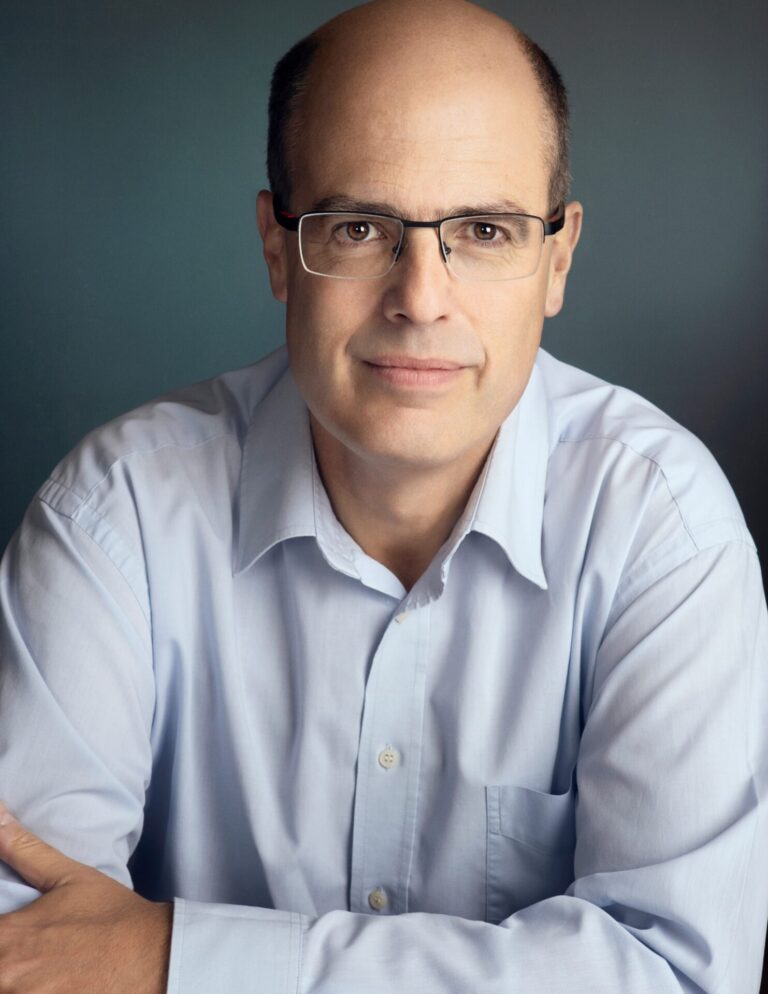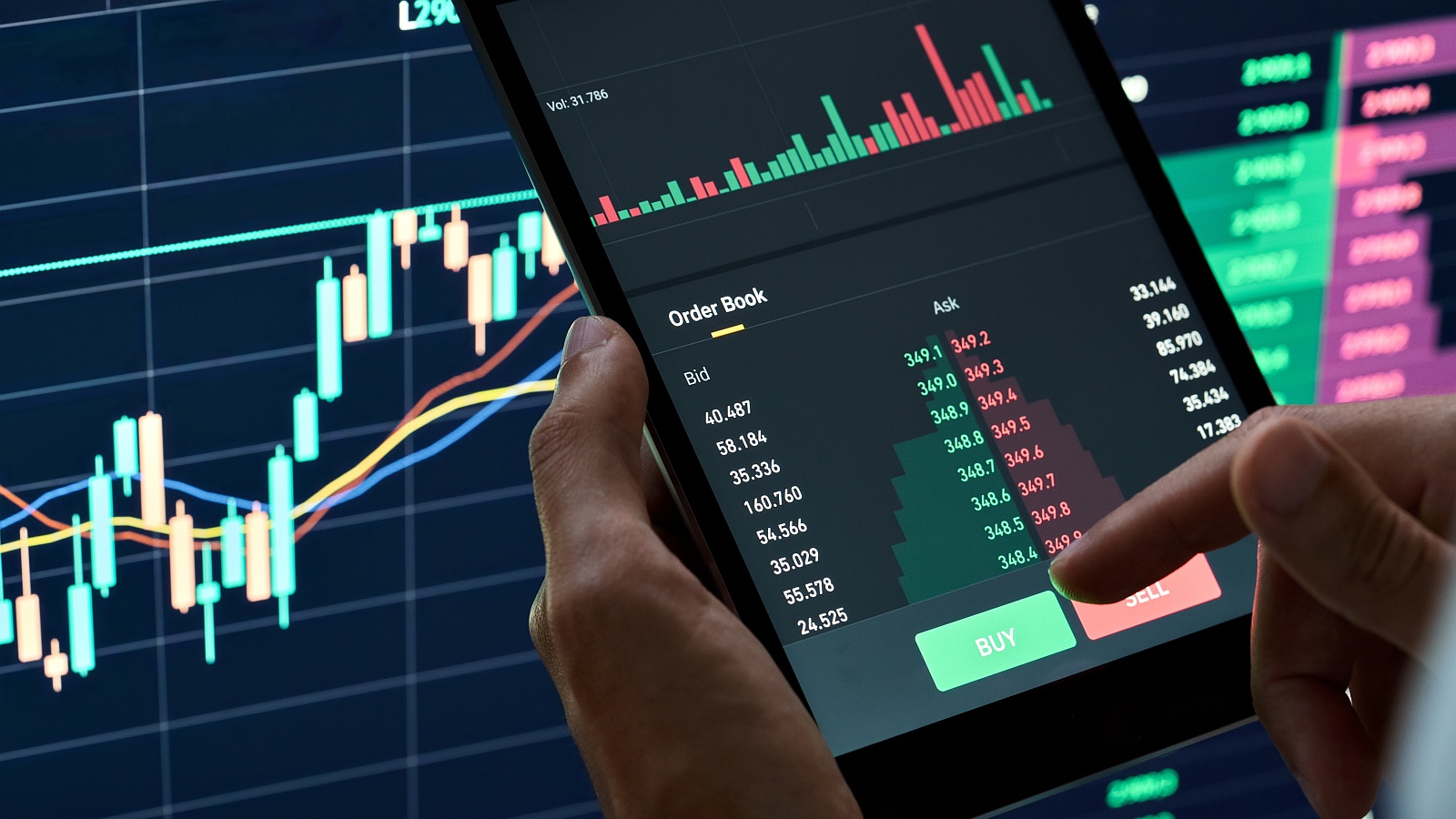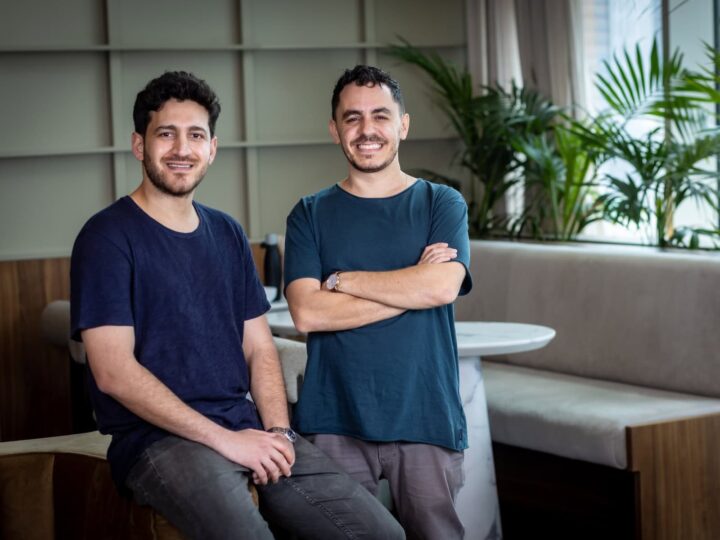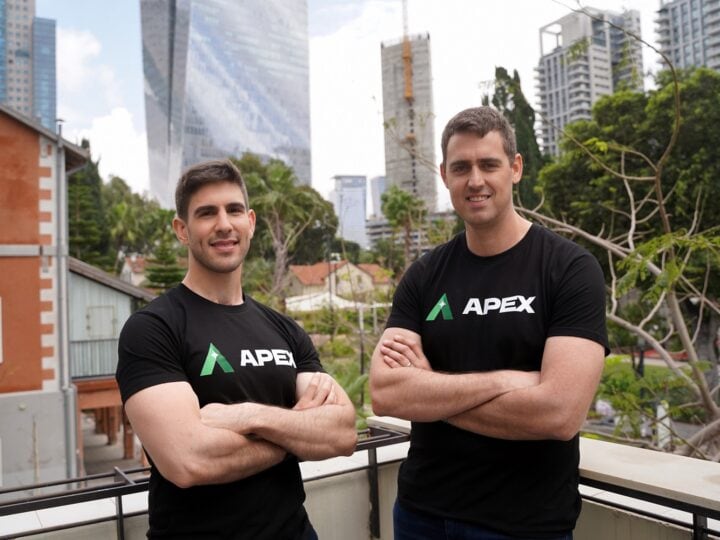Following a record-breaking year in 2021, the year 2022 saw the Israeli high-tech industry’s business variables returning to their long-term averages, according to data from Start-Up Nation Finder innovation business knowledge platform.
The total amount of venture capital (VC) investments, $15.5 billion, was in line with the 2014–2020 figures.
There were 18 IPOs (including SPACs), a number in line with previous years; and 89 first-time mergers and acquisitions (“exits”), a slight decline in the multiyear trend averaging 100 annually.
However, according to a report from Start-Up Nation Central and the SNPI think tank, 2022 should be looked at in two distinct halves.
“The first half was a continuation of the record-breaking 2021, with extremely high levels of capital funding, soaring market capitalization (market cap), and high demand for workers resulting in rising wages,” the report notes.
“The second half was already characterized by the decline in the financial markets and fear of a deep global recession. During this half, we witnessed a decline in the number of transactions and their overall value, a low number of exits, a sharp decline in the value of publicly traded tech companies, and an almost complete halt in the ‘employees’ market’ phenomenon.”
Another report released today, from IVC Research and LeumiTech, underscores these findings and reveals that in 2022, Israeli high-tech companies closed 663 deals. The report estimates that 706 new companies were established in the course of 2022.
More highlights of the Start-Up Nation Central report:
- The total volume of investments in 2022 fell by almost half from 2021, similar to Silicon Valley’s 40% decline in high tech investments during 2022.
- While declines were recorded in all investment rounds in 2022, seed rounds increased 22% compared to 2021 as foreign investors focused on earlier stages and more investors participated in each seed round.
- Funding rounds in the cyber sector declined the most — more than 60% between 2021 and 2022.
- The most stable sector was agri-food tech, which enjoyed an increase in the number of funding rounds and overall number of transactions compared to 2021.
- Publicly traded companies recorded increased revenues but had lower valuations.
- The leading VC funds in number of investment rounds were Viola, OurCrowd, and Insight Partners – each investing in at least 40 different startups.

Start-Up Nation Central CEO Avi Hasson noted that the Israeli high-tech industry “entered the current crisis with more cash raised in 2021, together with a degree of maturity that is reflected in examining the real markets and not only the financial markets.”
In 2022, he said, “the investments, exits and high levels of demand continue, but in a more prudent and measured manner. This is a positive, long-term phenomenon. However, we do forecast some difficulty in VC funding that might have an impact on the available capital for investments in 2024 and 2025.”
Hasson emphasized “the need to create variety in the technology sectors that lead the Israeli high-tech industry and to develop sturdy economic ‘legs’ together with additional sectors that can produce significant economic and technological value for Israel and the world.”
Guy Holzman, IVC cofounder and CEO, said he believes that in 2023 a balance will be found again between investors and companies in the Israeli high-tech ecosystem.
“It is realistic to expect that this process will include unpleasant side effects, and the coming year will be a difficult year for many startup companies. However, without an additional major economic crisis or a significant change in the geopolitical map, IVC’s data supports the supposition that we will see a return to growth in capital flowing into the local high-tech ecosystem during the second half of this year.”

















